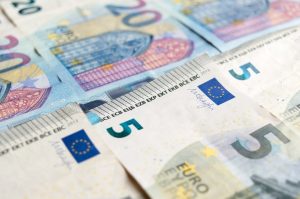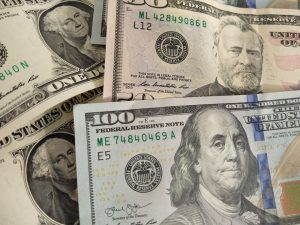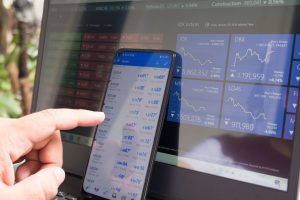The foreign exchange market, or forex, is one of the largest and most liquid financial markets in the world, with over $5 trillion traded on a daily basis. It is a decentralized market, meaning that it does not have a single central exchange where all transactions are processed. Instead, trades are conducted electronically through a network of banks, brokers, and other financial institutions across different time zones and geographic locations.
At the very top of the forex ladder sits the central bank, which is the institution responsible for implementing monetary policy and regulating the money supply in a country. Central banks play a crucial role in the forex market as they have the power to influence the exchange rate of their domestic currency through various policy tools.
One of the primary functions of a central bank is to manage the supply and demand of money in the economy. They do this by adjusting interest rates, which affect the cost of borrowing and lending money. When interest rates are high, borrowing becomes more expensive, and people tend to save more money, leading to a decrease in demand for goods and services. On the other hand, when interest rates are low, borrowing becomes cheaper, and people tend to spend more money, leading to an increase in demand for goods and services.
Central banks also have the power to intervene directly in the forex market by buying or selling their domestic currency. For example, if a central bank wants to weaken its currency to boost exports, it may sell its currency in the forex market, which increases the supply of the currency and lowers its value. Conversely, if a central bank wants to strengthen its currency to reduce inflation, it may buy its currency in the forex market, which decreases the supply of the currency and raises its value.
Another important function of central banks is to maintain financial stability and prevent economic crises. They do this by monitoring the banking system, regulating financial institutions, and providing liquidity to the market when needed. During times of economic turmoil, central banks may use various policy tools, such as quantitative easing or lowering interest rates, to provide stimulus to the economy and prevent a recession.
In addition to their domestic responsibilities, central banks also play a significant role in the global economy. Because they are responsible for managing the money supply and regulating the exchange rate of their currency, their decisions can have a ripple effect on other countries and their currencies. For example, if a central bank raises interest rates, it may attract foreign investors who seek higher returns, which can increase demand for the domestic currency and strengthen its value relative to other currencies.
In conclusion, central banks sit at the very top of the forex ladder, as they have the power to influence the exchange rate of their domestic currency through various policy tools. Their decisions can have a significant impact on the global economy, and they play a crucial role in maintaining financial stability and preventing economic crises. As such, traders and investors in the forex market closely monitor central bank announcements and policy decisions to gain insight into future market movements.





